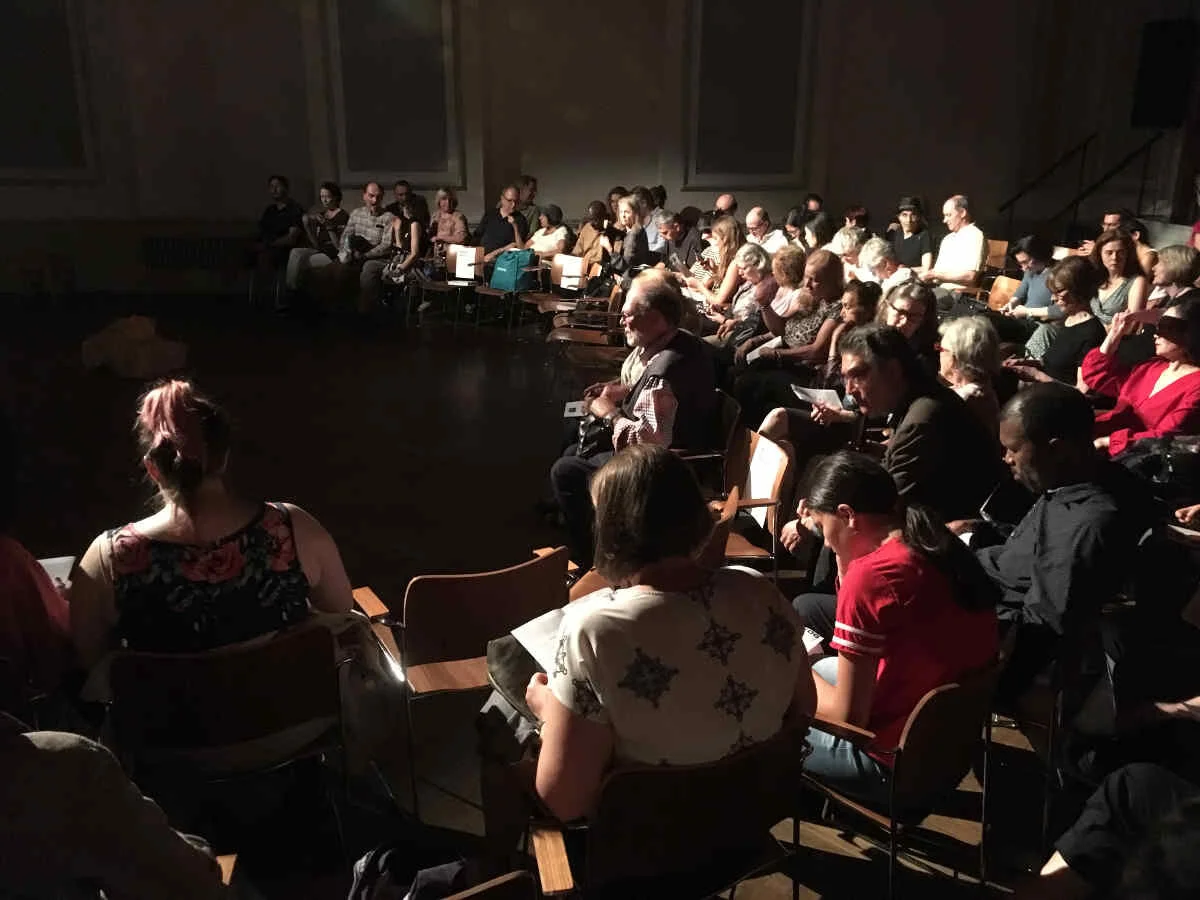ABOUT REHEARSAL FOR TRUTH THEATER FESTIVAL
Theater as a social phenomenon in the true sense.
Rehearsal for Truth International Theater Festival is an annual showcase of contemporary Central and Eastern European theater, established in 2017. The festival is a shared endeavor of the Václav Havel Center and the Bohemian Benevolent and Literary Association in partnership with numerous other cultural and performing arts organizations. The festival honors the artistic and political legacy of the Czech playwright/dissident/president Václav Havel. We support exchanges between American and European theater professionals and celebrate the power of the theater to transform our lives.
Each edition of Rehearsal for Truth Theater Festival addresses current sociopolitical trends in Central and Eastern Europe, offering New York audiences a unique opportunity to witness the region’s theatrical zeitgeist.
The program is supported, in part, by public funds from the New York City Department of Cultural Affairs in partnership with the City Council. The festival is made possible by the New York State Council on the Arts with the support of the Office of the Governor and the New York State Legislature.
The festival offers a notable occasion for adventure of the mind and conduits for shared encounters.
Rehearsal for Truth Theater Festival honors the playwright and human rights activist Vaclav Havel.
Vaclav Havel (1936-2011) was a playwright, essayist, political dissident and, after 1989, president of Czechoslovakia and the Czech Republic. His first full-length play performed in public, The Garden Party (1963), won him international acclaim. Soon after its premiere came his well-known The Memorandum (1965) along with The Increased Difficulty of Concentration (1968). In 1968, The Memorandum was brought to The Public Theater in New York, which helped to establish Havel's name in the United States. During the repressive period that followed the 1968 Prague Spring, Communist authorities forbade the publication and performance of Havel’s works. Havel refused to be silenced and became an outspoken human rights advocate.
Havel manifested his experience of working odd jobs into the so-called “Vanek Trilogy” (named after Ferdinand Vanek, a stand-in for Havel), and the three screenplays circulated in samizdat format throughout Czechoslovakia. Havel's reputation as a leading dissident crystalized in January 1977 with the publication of the Charter 77, a Czechoslovak manifesto that called on the government to honor its human rights commitments under the Helsinki Accords.
Havel was arrested many times throughout the remainder of Communism for alleged anti-state activities and sentenced to more than four years in prison. His seminal essay, The Power of the Powerless (1978), had profound impact on dissident and human rights movements worldwide.
“I was probably attracted to theater (among other things) because, of all the artistic disciplines, it has the greatest potential to be a social phenomenon in the true sense.
”


